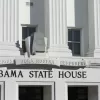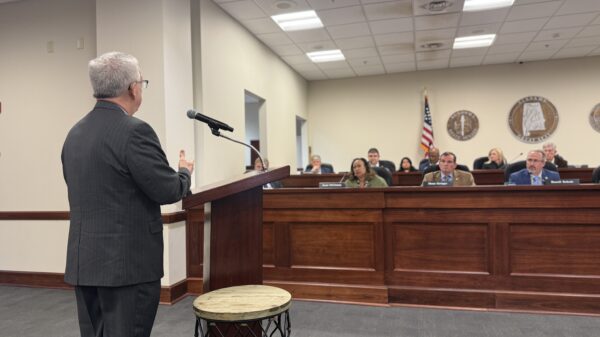A nationwide poll reveals growing discontent among evangelical Christian voters regarding the Trump administration’s policy direction during its first 100 days. The survey, sponsored by the National Latino Evangelical Coalition, highlights a disconnect between evangelical values and recent political decisions on foreign aid, immigration and healthcare.
“This survey makes one thing clear: a significant number of Christian voters—especially evangelicals—are not seeing their priorities or principles represented in this administration’s first 100 days. Evangelicals are not a monolith, and when we see policies that fail to uphold Christian values like caring for the poor, welcoming the stranger, and protecting the vulnerable, we are called to speak out,” said Reverend Gabriel Salguero, President of NaLEC.
Conducted by LSG between April 8 and 15, the online poll surveyed 1,000 Christian likely voters from across the U.S. The poll was balanced for denomination, age, race, party affiliation, and income. With a margin of error of ±3 points, the findings show a significant concern within the faith community about the morals of current policies.
In Alabama, where evangelicals form a major voting bloc, the results may signal a shift. While the state has a stronghold of conservative support, many voters are reevaluating how policies align with Christian values.
Foreign assistance cuts drew strong opposition. Seventy-six percent of evangelicals said they were concerned that reducing aid could lead to more Christian persecution abroad, hurt American farmers and result in preventable deaths globally.
On immigration, the numbers reveal both compassion and complexity. While many evangelicals support deporting undocumented criminals, 61 percent support a path to legal citizenship for undocumented immigrants. 65 percent of all Christians surveyed agreed. Additionally, two-thirds expressed concern about recent immigration actions, including mistaken deportations and refugee program freezes.
Healthcare policy also raised red flags. 72 percent of evangelicals were concerned about cuts to Medicaid, especially their effects on children and the elderly. Support for expanding the Child Tax Credit was strong, with 75 percent of evangelicals backing it. Seventy-one percent of Christians overall expressed concern about proposed cuts to the Supplemental Nutrition Assistance Program.
The administration’s foreign policy shifts also triggered skepticism. Just 40 percent of evangelicals supported funding cuts to Ukraine, and only 20 percent backed the removal of global tariffs on Russian goods, signaling unease with a perceived realignment.
Perhaps most telling is the broader sense that Christian voters do not see their faith reflected in policy. Fewer than half of Christian believe the administration’s first 100 days align with Christian values. Among evangelicals, that figure rises only slightly to 55 percent.
Matthew Soerens, Vice President of Advocacy & Policy at World Relief, emphasized the spiritual motivations behind these concerns.
“We believe every person—in every country—is made in the image of God and has inherent dignity. That’s why so many evangelicals are concerned about cuts to foreign assistance. It’s also why evangelicals want to see refugees protected from persecution and immigration policies that protect family unity,” said Soerens.
With the 2026 midterms on the horizon, the poll suggests that political candidates may need to address a broader moral and spiritual agenda to retain evangelical support.
















































